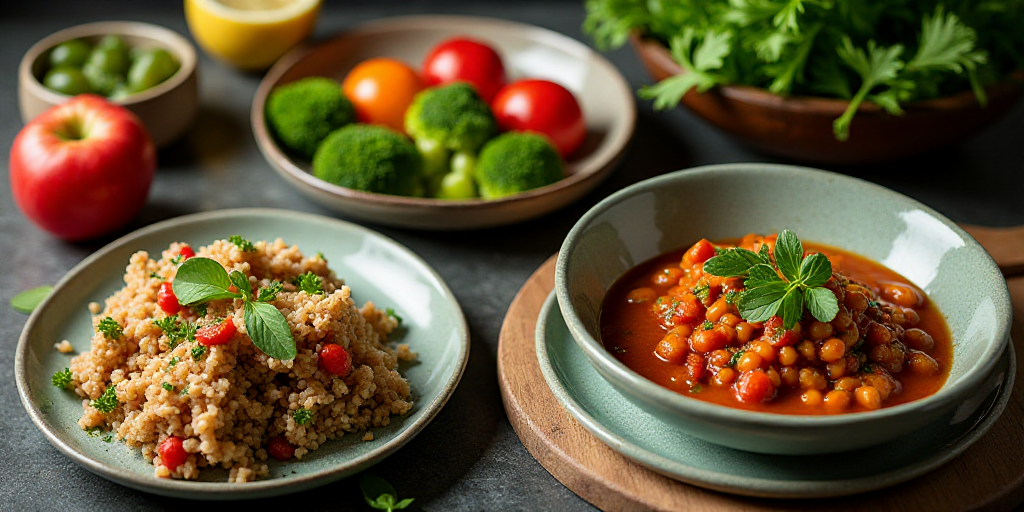Introduction
In Mexico, a new generation of consumers is making food choices not just for taste or convenience but for their direct impact on physical and mental health. This global trend, known as “food as medicine,” is taking root in the country, with more people buying fresh fruits, vegetables, and other foods to improve digestion, focus, or immune system function.
Key Findings
- 67%: Seek foods that benefit cognitive function
- 69%: Choose products that support gut health
According to the latest report from Veggies From Mexico, these percentages reflect a growing awareness of nutrition and a practical need to prevent diseases often linked to an inadequate diet.
The Crisis of Intestinal and Mental Health in Mexico
Mexico faces a critical situation, with nearly 2 million people diagnosed with intestinal infectious diseases in the past year, according to data from the National Public Health Institute. However, the National Health and Nutrition Survey (ENSANUT) shows a 12% increase in the purchase of fruits, legumes, and whole grains in urban households, indicating a shift towards healthier options.
Furthermore, international studies have strengthened the connection between intestinal microbiota and mental health. Research from the University of Chicago and Mount Sinai in New York reveals that low-fiber, high-processed diets not only harm the digestive system but also reduce bacterial diversity necessary for optimal cognitive functions. Conversely, fresh, fiber-rich foods, natural probiotics like sugar-free yogurt or kefir, and polyphenol-rich fruits such as blueberries, avocados, or bananas can enhance mood, memory, and concentration.
Opportunities for Chefs, Brands, and Public Policies
In this context, chefs, restaurants, and supermarkets are responding. Menus now highlight dishes that “benefit digestion” or “improve cerebral energy.” Niche supermarkets include labels indicating functional benefits of fruits and vegetables. Experts believe this transformation is just beginning.
“This is an opportunity for the entire food ecosystem: producers, chefs, retailers. But it’s also a responsibility. It’s not enough to simply say something is healthy; it must be demonstrated with fresh, real ingredients,” says Gerardo Rodríguez, a nutritionist specializing in intestinal health.
Making Healthy Food Accessible
The challenge for the sector is to translate this awareness into affordable, well-informed, and accessible products for more people. While urban consumers with purchasing power have been the first to adopt this philosophy, organizations like the FAO and IMSS are promoting public policies linking access to fresh produce with chronic disease prevention.
“Your food should be your medicine” has never been more relevant. With rising public health costs due to digestive and metabolic diseases, and millions suffering from malnutrition or obesity, eating better is no longer a recommendation—it’s an urgency.






